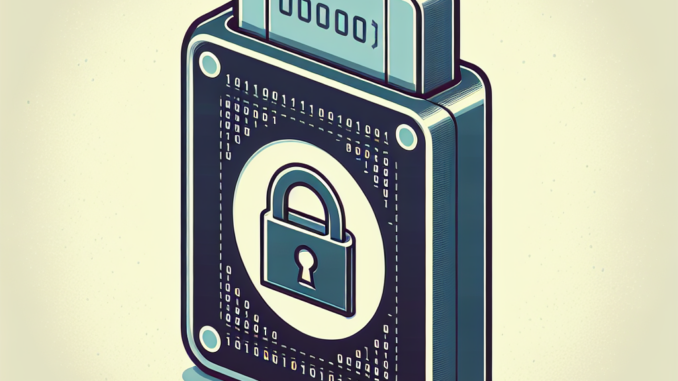
In the fast-changing world of cryptocurrencies, it is crucial to protect your digital assets. One way to do this is by choosing a secure cryptocurrency wallet. With so many options available, each with its own features and security levels, it’s important to make an informed decision. This article explores the factors to consider when selecting a secure cryptocurrency wallet, including wallet types, security features, user-friendliness, supported cryptocurrencies, backup options, and reputation. Let’s dive deeper into this topic.
First, it’s important to understand the different types of cryptocurrency wallets. Hardware wallets prioritize security by storing cryptocurrencies offline and disconnecting from the internet when not in use. Software wallets are applications for devices like computers or smartphones. Web wallets are accessed through web browsers, while mobile wallets are designed for smartphones. Paper wallets are physical documents with crypto keys. Each type has its advantages and considerations.
The security features and reputation of the platform hosting the cryptocurrency wallet are crucial. Choose reputable providers with strong security protocols. Look for wallets with features like two-factor authentication, encryption, and regular updates. Brands like Ledger or Trezor are known for their security and are reliable choices for hardware wallets.
User-friendliness is important, especially for beginners. Look for wallets with intuitive interfaces and easy-to-understand functionalities. Step-by-step guides can simplify the process of managing digital assets. Popular user-friendly software wallets include Exodus and Atomic Wallet.
Make sure the wallet supports the specific cryptocurrencies you own or plan to acquire. Some wallets are designed for multiple currencies, while others focus on specific coins. Research and read reviews to find wallets compatible with your portfolio. MyEtherWallet and Coinomi are popular multi-currency wallets.
Backup and recovery options are crucial in case of loss of access or technical issues. Wallets with features like seed phrases or private key backups provide extra security. Consider these options before making a decision to ensure easy access to your funds.
Decide whether you want full control over your private keys (non-custodial) or if you’re comfortable trusting a third party (custodial). Non-custodial wallets give you more control but require more responsibility. Custodial wallets offer convenience but require trust in the provider. Coinbase and Binance are popular custodial wallets.
In conclusion, choosing a secure cryptocurrency wallet is vital to safeguard your digital assets. Consider wallet type, security features, user-friendliness, supported cryptocurrencies, backup options, and reputation to make an informed decision. Research and read reviews to choose wallets with positive feedback. Select a wallet that provides security measures while meeting your convenience requirements. With a secure cryptocurrency wallet, you can confidently manage your funds and embark on your cryptocurrency journey with peace of mind.

Be the first to comment